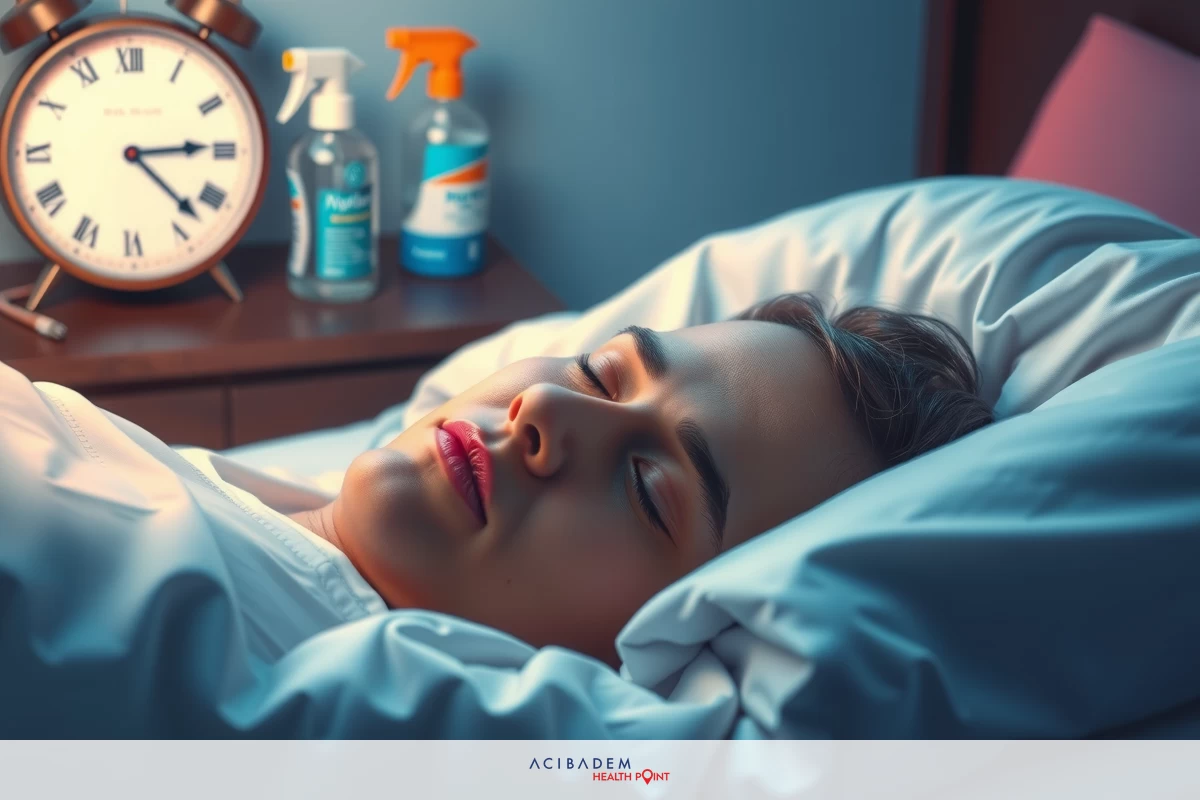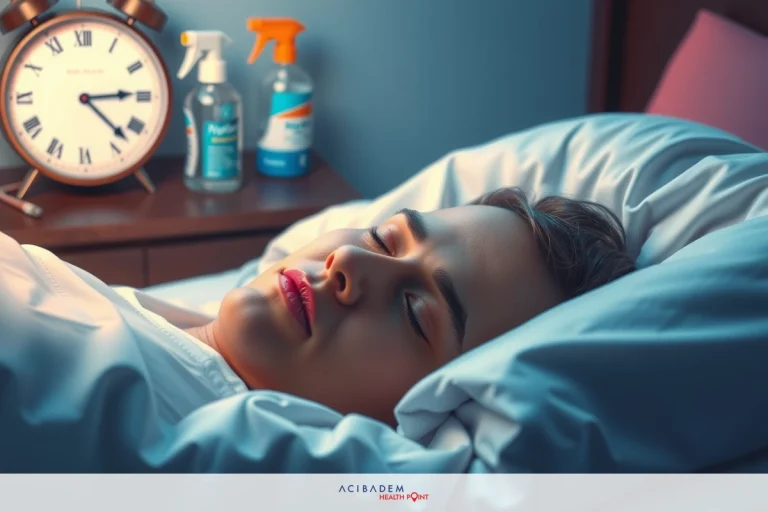Congestion After Rhinoplasty Surgery
Congestion After Rhinoplasty Surgery Rhinoplasty surgery is a procedure to correct and reconstruct the form, restore function, and aesthetically enhance the nose. While the results can often be cathartic, it’s not uncommon for patients to experience nasal congestion during the post-operative recovery period. This congestion, also referred to as nasal blockage, is typically temporary and part of the body’s healing process.
This nasal congestion can cause discomfort and concern for patients who are recovering from rhinoplasty surgery. It’s important to understand that this is generally normal and there are several strategies you can employ to manage and alleviate this symptom. In the forthcoming sections, we’ll detail the causes of postoperative nasal congestion, how to effectively manage it, and provide tips for a smooth recovery.
Causes of Post-Operative Nasal Congestion
Congestion After Rhinoplasty Surgery The human body responds to any surgical procedure with an inflammatory reaction, which is a natural part of the healing process. After rhinoplasty surgery, this inflammation often leads to swelling and congestion within the nasal passage. The nasal tissues and blood vessels swell, causing temporary blockage. This is often more pronounced in the initial days following the surgery but gradually subsides as the healing process progresses.
Another common cause of post-operative nasal congestion after rhinoplasty is the presence of nasal packing or splints. These are often used by surgeons to stabilize the newly shaped nose and prevent bleeding. These foreign objects in the nasal passage can cause a feeling of blockage and create difficulty in breathing through the nose. Once removed, usually within a week post-surgery, patients generally experience a improvement in their breathing and reduction in congestion.
It’s also worth noting that anesthesia used during rhinoplasty surgery can lead to dryness in the nasal passages. This dryness can trigger your body to produce more mucus as it attempts to moisten the nasal lining, resulting in post-operative congestion. Furthermore, lying flat while sleeping or resting after surgery can also contribute to feelings of congestion due to gravitational pull on nasal tissues. Propping yourself up with pillows or keeping your head elevated can help alleviate this.
Understanding these causes helps patients better navigate their recovery journey after rhinoplasty surgery. It’s essential to remember that post-operative nasal congestion is typically a temporary condition that improves as healing progresses. However, should congestion persist beyond a couple of weeks or worsen over time, it’s crucial to consult with your surgeon or healthcare provider to rule out any complications.
Managing and Alleviating Nasal Congestion
Congestion After Rhinoplasty Surgery One of the first steps in managing post-operative nasal congestion is maintaining adequate hydration.
Drinking plenty of fluids can keep the nasal tissues moist and help thin out mucus, reducing the blockage. Avoiding dry environments and using a humidifier, especially during sleep, can also prevent dryness in the nasal passages that could lead to increased mucus production and subsequent congestion.
Physical positioning can also impact post-rhinoplasty congestion. As mentioned earlier, lying flat while sleeping or resting can intensify feelings of congestion due to gravitational pull on nasal tissues. Therefore, propping your head up with pillows or using a recliner to keep your head elevated can help alleviate this issue. Additionally, light walking throughout the day can promote blood flow and reduce swelling, which in turn can help decrease congestion.

Over-the-counter saline sprays are another effective tool for managing nasal congestion after rhinoplasty. These sprays moisturize the nasal passages and help flush out excess mucus. However, it’s crucial to avoid overuse as this can lead to increased dryness. It’s also important not to blow your nose forcefully during the initial recovery period as this can disrupt healing tissues and cause bleeding.
Incorporating these strategies into your post-operative care routine can improve comfort levels during recovery from rhinoplasty surgery. However, if you find that your congestion is persistent or worsening despite these efforts, it’s important to consult with your healthcare provider or surgeon. They may recommend additional treatments or interventions to ensure an optimal recovery process.
Tips for a Smooth Recovery
Congestion After Rhinoplasty Surgery One of the most crucial aspects of recovery after rhinoplasty surgery is patience and allowing your body the time it needs to heal. This is particularly important when dealing with post-operative congestion, which can be uncomfortable but is typically temporary. Understanding that this is a normal part of the healing process can help set realistic expectations and alleviate any undue stress or anxiety.
Next, adhering to your surgeon’s post-operative instructions is essential for a smooth recovery. This includes taking prescribed medications as directed, attending all follow-up appointments, and refraining from activities that could potentially disrupt the healing process. For example, avoid strenuous exercise, heavy lifting, and any activity that may cause trauma to the nose. Furthermore, try not to wear glasses or sunglasses directly on the nose during the initial recovery period to prevent pressure on the healing tissues.
Good nutrition also plays a pivotal role in recovery. Eating a balanced diet rich in protein can help repair body tissues and speed up the healing process. Consuming foods high in vitamins A and C can also promote healing. Vitamin A, found in foods like sweet potatoes, spinach, and carrots, is essential for repairing damaged skin tissue, while vitamin C, abundant in citrus fruits and bell peppers, helps create new collagen to help wounds heal.
Lastly, maintaining good communication with your healthcare provider or surgeon throughout the recovery period can contribute to a smooth recovery process. They are there to support you and address any concerns you may have along the way. If you’re experiencing persistent or worsening congestion or any other unexpected symptoms, don’t hesitate to reach out to them for guidance. By following these tips, patients can promote healing, minimize congestion, and optimize their overall outcome after rhinoplasty surgery.
Frequently Asked Questions
How long does post-operative nasal congestion last after rhinoplasty surgery?
The duration of post-operative nasal congestion can vary from person to person. In most cases, it is temporary and gradually improves over the course of a few weeks. However, it's important to note that each individual's healing process is unique, and some may experience congestion for a slightly longer or shorter period.
Can I blow my nose to relieve post-operative nasal congestion?
It is generally recommended to avoid blowing your nose forcefully in the early stages of recovery after rhinoplasty surgery. This is because the excess pressure can disrupt the healing tissues and potentially lead to bleeding. If you need to clear your nasal passages, gentle blowing with one nostril at a time or using saline nasal sprays as directed by your surgeon can be safer options.
Are there any specific medications or remedies that can help alleviate post-operative nasal congestion?
Over-the-counter saline nasal sprays or rinses can provide relief by moisturizing the nasal passages and clearing out excess mucus. Additionally, your surgeon may prescribe nasal steroid sprays to reduce inflammation and congestion. It's essential to follow their instructions and not use any medications or remedies without their approval.
Can I use nasal decongestants to relieve post-operative congestion?
Nasal decongestant sprays or drops containing ingredients like oxymetazoline can provide temporary relief from congestion. However, these should only be used under the guidance of your healthcare provider or surgeon, as long-term use or misuse can lead to dependency and other complications.
When should I be concerned about my post-operative nasal congestion?
While post-operative nasal congestion is generally normal, there are instances where it may indicate an issue that requires attention. If your congestion worsens over time, becomes severe, or is accompanied by other concerning symptoms such as severe pain, excessive bleeding, or difficulty breathing, it is important to contact your surgeon or healthcare provider promptly for further evaluation.











